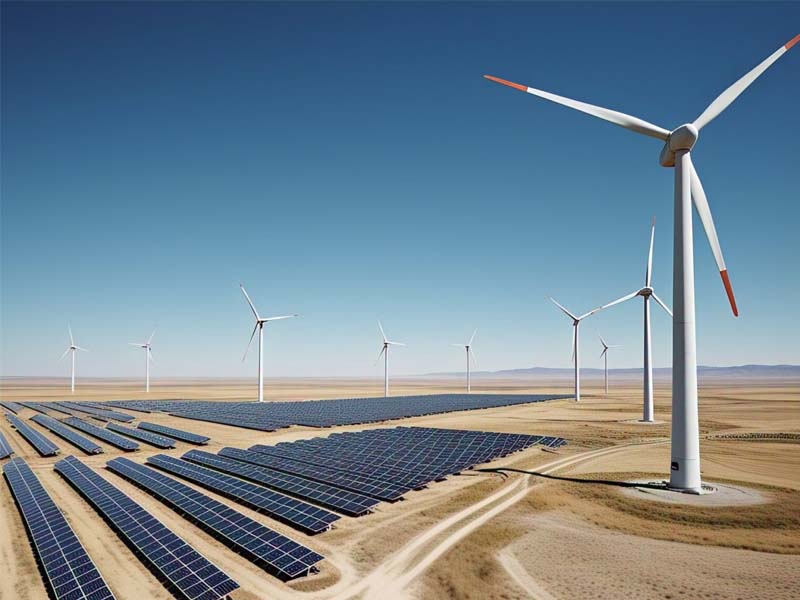
Resilienceapac – The world is facing an urgent challenge, combating the global greenhouse gas crisis. Greenhouse gas emissions, primarily from human activities, are accelerating climate change, leading to extreme weather patterns, rising sea levels, and devastating environmental consequences. To mitigate this crisis, a comprehensive and multi-faceted approach is necessary. Transitioning to renewable energy, adopting sustainable agricultural practices, and implementing innovative carbon reduction technologies are key strategies in the fight against climate change. However, significant commitment from governments, industries, and individuals is crucial to achieving meaningful progress.
Combating the global greenhouse gas crisis starts with a fundamental shift in how we produce and consume energy. Fossil fuels such as coal, oil, and natural gas are the largest sources of carbon dioxide (CO2) emissions, a primary driver of global warming. The burning of these fuels releases massive amounts of CO2 into the atmosphere, trapping heat and causing long-term environmental damage.
To address this, renewable energy sources like solar, wind, hydro, and geothermal power must be prioritized. Unlike fossil fuels, these energy sources generate electricity without emitting greenhouse gases. Many countries have already begun investing heavily in renewable infrastructure, with solar and wind farms becoming more widespread. Advancements in battery storage and smart grid technologies are also making renewables more reliable and efficient. However, despite progress, fossil fuels still dominate global energy consumption. Governments must enforce stronger policies, such as subsidies for green energy projects and penalties for excessive carbon emissions, to accelerate the transition. Individuals can also contribute by opting for renewable energy plans, supporting clean energy initiatives, and reducing personal electricity consumption.
“Stuck on Repeat: Why We Keep Saying the Same Things”
Combating the global greenhouse gas crisis is not only about energy; the agricultural sector is also a significant contributor to emissions. Methane (CH4) and nitrous oxide (N2O) are two powerful greenhouse gases largely emitted through farming activities. Methane is primarily produced by livestock digestion, especially in cattle. While nitrous oxide comes from excessive fertilizer use and soil management practices. Both gases have a much greater heat-trapping potential than CO2, making them a serious concern in climate change discussions.
To reduce emissions from agriculture, sustainable practices must be widely implemented. Precision farming techniques such as optimizing fertilizer application and improving irrigation systems can help minimize nitrous oxide emissions. Livestock management strategies, including feed optimization and methane-reducing supplements, can lower methane emissions from cattle. Additionally, promoting plant-based diets and alternative protein sources. Such as lab-grown meat and insect-based proteins, can lessen the environmental impact of large-scale meat production. Investing in sustainable farming is essential for feeding a growing global population while ensuring the planet remains habitable for future generations.
Combating the global greenhouse gas crisis requires a collective effort across all sectors. While transitioning to renewable energy and implementing sustainable agricultural practices are crucial, other strategies must also be embraced. Energy efficiency measures, such as adopting LED lighting, improving insulation in buildings, and investing in electric transportation, can significantly lower emissions. Reforestation and afforestation projects help absorb CO2 from the atmosphere, restoring natural carbon sinks. Additionally, cutting-edge carbon capture and storage (CCS) technologies are being developed to trap emissions before they reach the atmosphere, offering a potential solution for industries that are difficult to decarbonize.
The responsibility for tackling climate change does not rest solely on governments and corporations. Individuals can also make a difference by reducing their carbon footprint choosing sustainable products. Using public transportation, and advocating for stronger environmental policies. The urgency of the crisis demands immediate action. While the road ahead is challenging, a commitment to sustainable practices and policies can pave the way for a cleaner, greener, and more resilient planet.
The fight against greenhouse gas emissions is a race against time. The decisions made today will determine the quality of life for future generations. We must combat the global greenhouse gas crisis with unwavering dedication and urgency, as it is not just an environmental necessity but also a moral and economic imperative.
“Logistics 4.0 in Improving Supply Chain Efficiency”
Resilienceapac - Japan Halts Health reforms after growing political pressure and public opposition forced the government to delay a sweeping…
Resilienceapac - Red Alert warnings were sounded across large swathes of China this week as relentless floods battered northeastern and…
Resilienceapac - Reshaping the Workforce has emerged as a defining achievement in East Asia and the Pacific over the past…
Resilienceapac - The Japan Robotic Revolution is taking center stage as the country faces an escalating labor shortage driven by…
Resilienceapac - Empowering Women through resilient infrastructure is taking center stage in Asia-Pacific’s development agenda, as highlighted during a recent…
Resilienceapac - Transition Credits are emerging as a vital instrument to support Asia’s clean energy transition. In the very first…